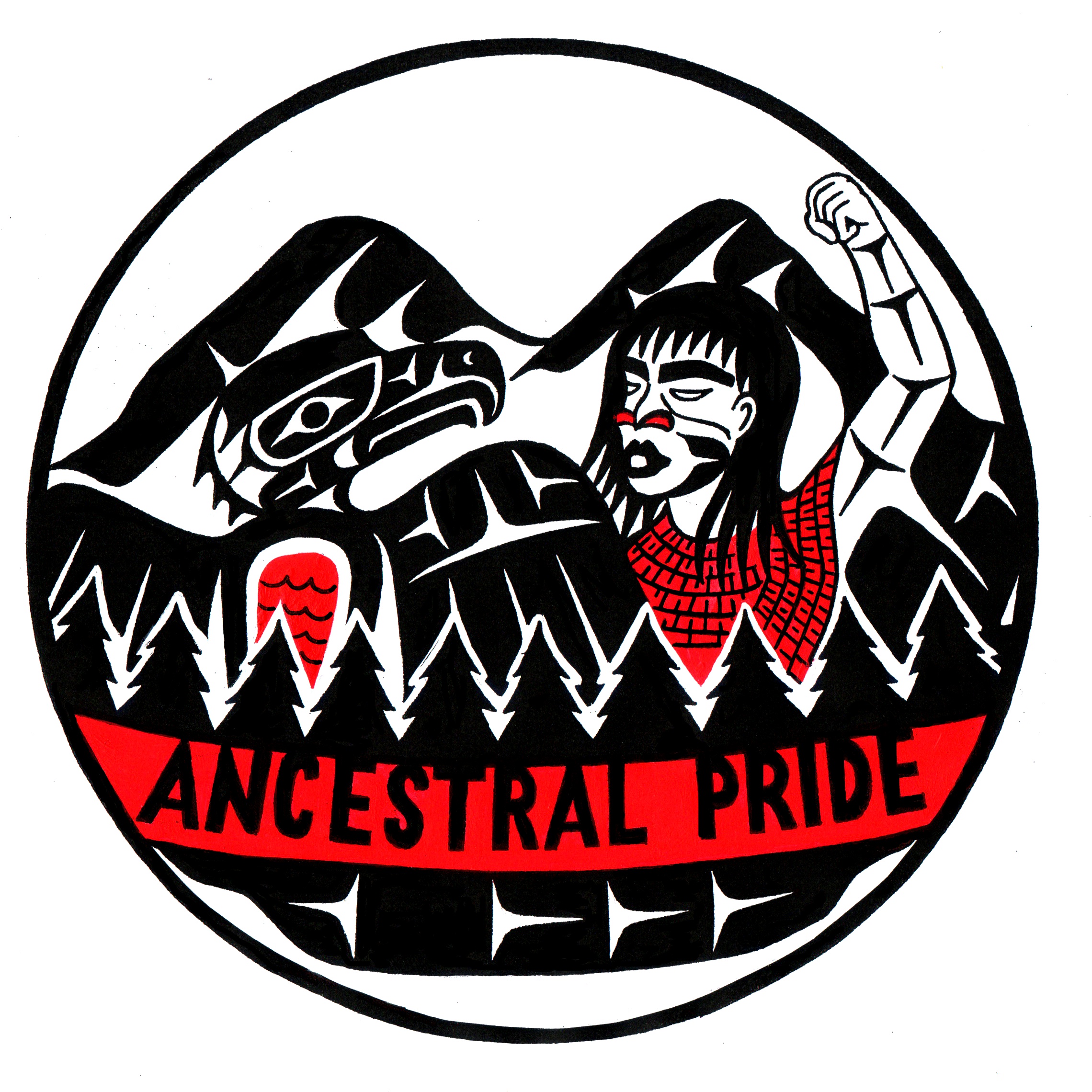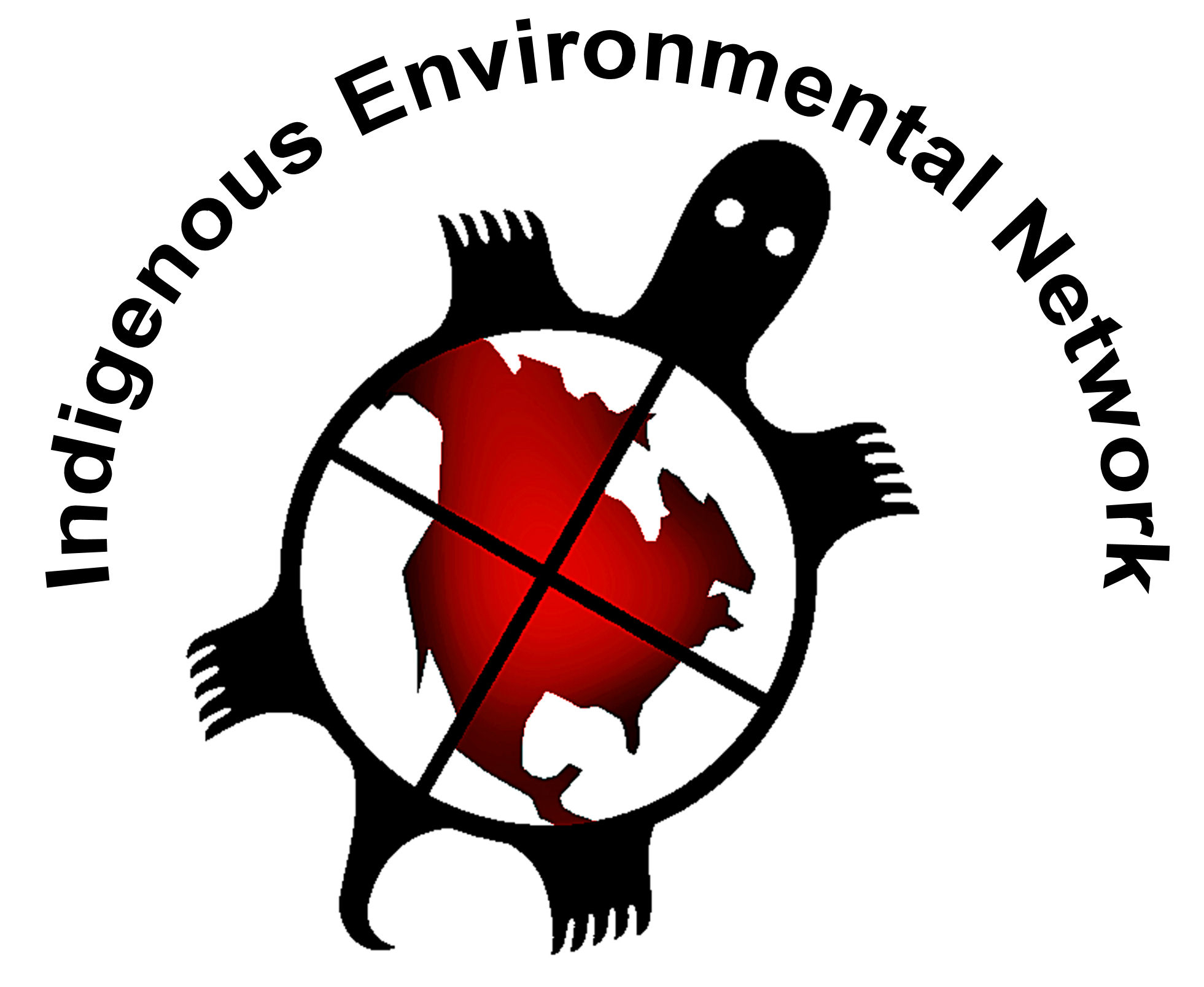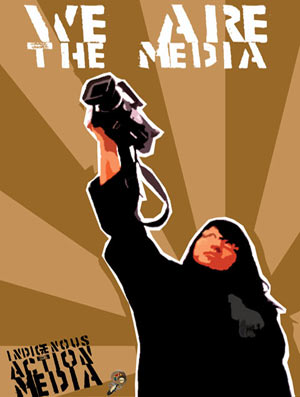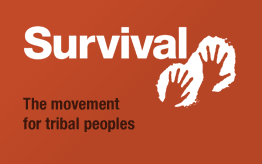
By Tobold Rollo, Indigenous Nationhood Movement
In the wake of two horrific world wars, American Quakers coined the phrase “speak truth to power” as part of a campaign for peace. The truth they wished to voice to the American public, its leaders, and to power itself was a familiar one: “love endures and overcomes.” Speaking truth to power stood in contrast to the silence of cold obedience as exemplified by the professional soldier. Here, the Quakers follow a long-standing tradition in western political thought of identifying speech with agency and disobedience.
This view of politics extends back to the ancient Greeks and reflects the guiding intuition behind contemporary democratic institutions. Throughout that long history, the disruptive potential of speech has been a mainstay of emancipatory movements, struggles for the full inclusion of the marginalized, and the fight for basic equalities that have been historically denied. Dominant communities have accordingly sought to protect their privilege by limiting the ‘voice’ of groups who seek to speak their truths.
But a very different strategy of power is deployed when contending with groups who seek collective autonomy as opposed to equality and inclusion. In the past half-century, settler colonial society has come to realize that excluding Indigenous peoples and their perspectives from public discourse has not stopped them from speaking to one another or from strengthening their nations. These nations are, of course, rooted in the very lands over which dominant society unilaterally asserts its claim of sovereignty. Formal exclusion has proven a limited strategy. And so Indigenous nationhood movements have inspired a distinctive and seemingly counter-intuitive response from dominant society: an invitation (sometimes even a demand) that Indigenous peoples speak truth to power.
Why would colonial institutions accommodate and in some cases encourage the voices of Indigenous peoples? Because at its core, what settler society fears more than the disruptive potential of Indigenous speech is the inevitability that Indigenous peoples, once released from an imposed duty to justify themselves to the colonizer, will turn that massive investment of energy back into being truth to power. Being truth to power is reflected in those embodied practices of love for community and for the land, diverse practices that undermine the homogenizing violence that sustains colonial privilege. Accordingly, colonial power increasingly works through sites of dialogue designed to sap the vitality from these embodied practices of autonomy. The goal is to lift Indigenous peoples out of communities and off the land and drop them into a permanent state of explanation, a limbo wherein they are compelled to talk endlessly to settlers about community and about land.
When Indigenous peoples are not engaged in being truth to power, then, it is often because they have been induced to explain and justify themselves to a colonial audience. They have been tireless and resilient at the podium, these elders, activists, advocates, academics, lawyers, artists, teachers, and children. They have tapped every shared register and common understanding available in the hopes that genuine reciprocity might drip, however slowly, into the rusted tin can of colonial institutions. They have argued for nationhood through the abstract lens of high philosophy, through the concrete immediacy of violence against women, and from every location in between. They have deployed the arcane legal language that colonial courts revere as authoritative and they have attempted to transpose Indigenous perspectives into every idiom that the general public might understand. They have been repeating the message at every opportunity and in every institution be it the media, grade schools, universities, courts, legislatures, international governance bodies, conferences, committees, commissions, corporate boardrooms and negotiating tables.
Indigenous peoples are prompted to reach across the colonial abyss by the urgency and immediacy of threats to health and well-being. Despite the fact that these efforts have led to some important gains, from the perspective of settler colonial power there are advantages to promoting still more dialogue. For one, such exchanges are an important method of maintaining surveillance and control. As mentioned, they also sap and divert vital energy. But there is another, less obvious reason why settlers champion more robust discourse: Indigenous ‘voice’ is the primary source of narcissistic settler redemption.




































